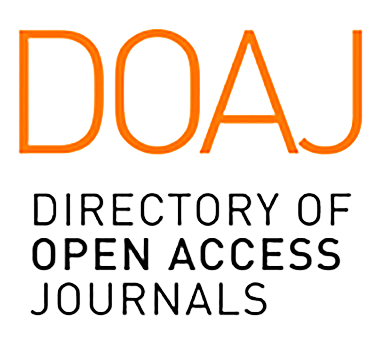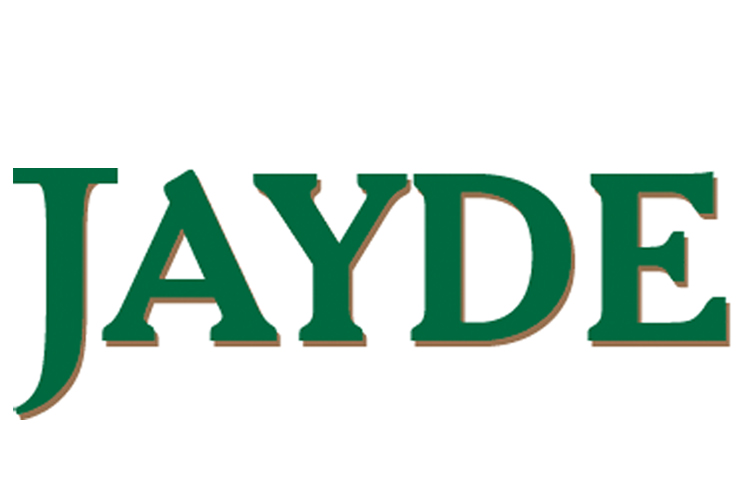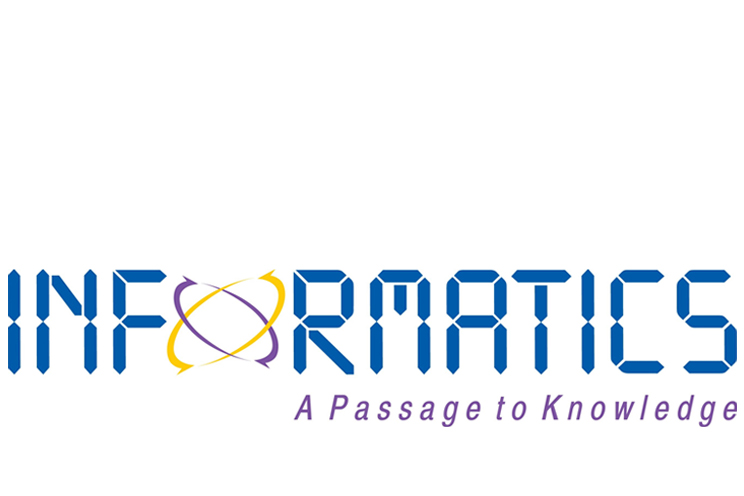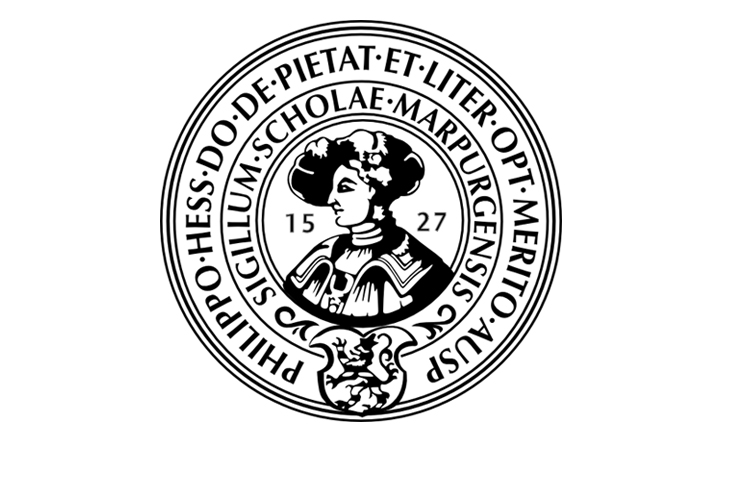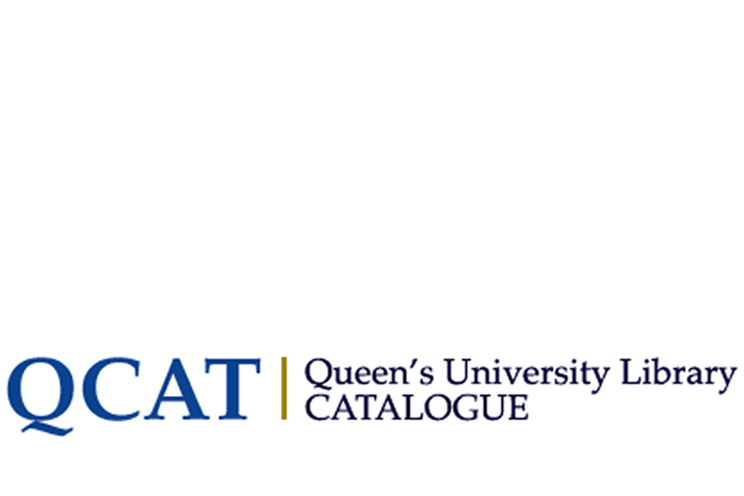Public Article
-
verified
SOCIO-ECONOMIC SIGNIFICANCE OF THE PRESIDENTIAL ORDER KNOWN AS CONSTITUTION [SCHEDULED CASTES] ORDER 1950 IN THE LIFE ...
ISSN: 2320 - 5407
Publisher: author
SOCIO-ECONOMIC SIGNIFICANCE OF THE PRESIDENTIAL ORDER KNOWN AS CONSTITUTION [SCHEDULED CASTES] ORDER 1950 IN THE LIFE ...
Indexed in
Science General
ARTICLE-FACTOR
1.3
Article Basics Score: 3
Article Transparency Score: 3
Article Operation Score: 3
Article Articles Score: 3
Article Accessibility Score: 3
SUBMIT PAPER ASK QUESTION
International Category Code (ICC):

ICC-1402
Publisher: International Journal Of Advanced Research (ijar) Dr Morse
International Journal Address (IAA):

IAA.ZONE/232072965407
eISSN
:
2320 - 5407
VALID
ISSN Validator
Abstract
Untouchables, depressed class people, Chandalas or politically known as Dalits and officially recognized as Scheduled Castes in India are historically placed in different religions. They share a common history of oppression, economic deprivations and denial of human rights. Though they belong to different religions, their common cultural ancestry is an undeniable reality. The Presidential Order known as Constitution [Scheduled Castes] order 1950 limits the Scheduled Caste Status only to such untouchable people who profess Hinduism, Sikhism or Buddhism. The order excludes Dalit Muslim and Dalit Christian from the ambit of Scheduled caste status. The article problematizes the historical and political contexts in which the exclusion of certain castes happened and the contemporary historical realities that necessitate the inclusion of Dailit Christians and Dalit Muslims into the Scheduled Caste List and how the denial aborts political and...

